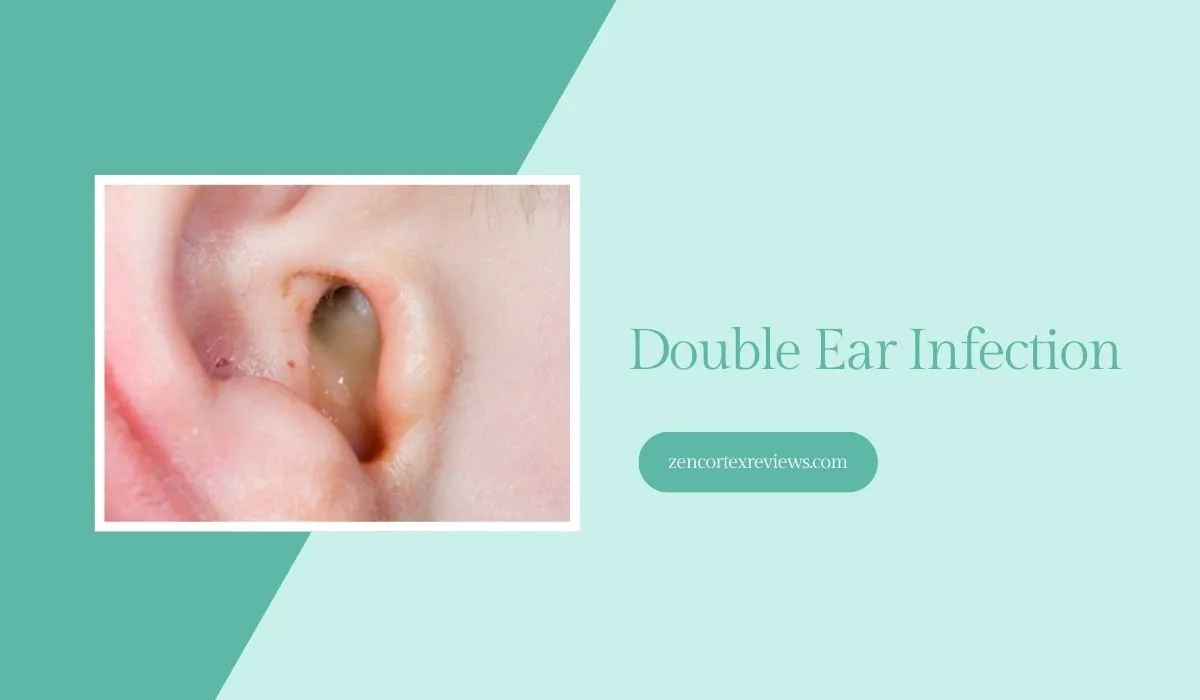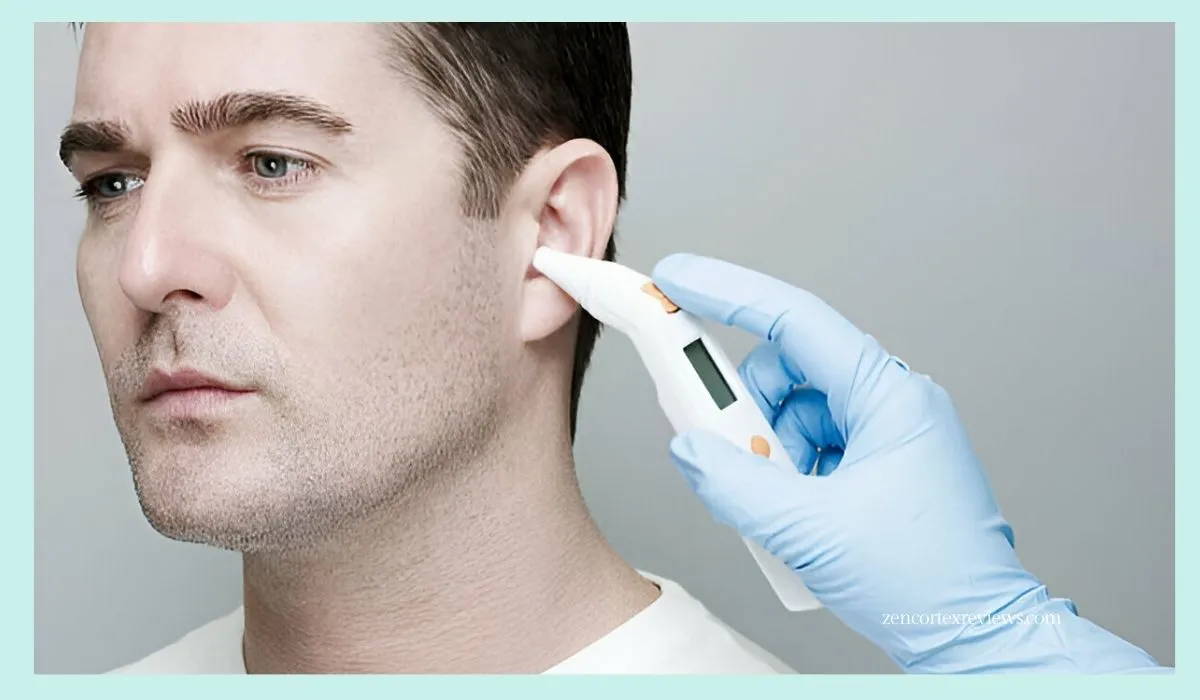Exploring The Causes And Treatments For Double Ear Infection
Double ear infections are caused by bacteria or viruses that enter the middle ear, leading to inflammation and fluid buildup behind the eardrum.

Disclaimer: Our recommendations are sincere, driven by the products’ benefits. When you buy through our links, we may earn a commission, backing our testing and development at no extra cost to you.
A double ear infection, or bilateral otitis media, occurs when both ears are infected at the same time. It’s typically more painful than a single ear infection and can lead to more complications. Recognizing the symptoms and knowing the available treatments can help you address the condition promptly.
Symptoms of Double Ear Infection

Double ear infections can cause a variety of symptoms, ranging from mild to severe:
- Ear Pain: Pain in both ears can be sharp, throbbing, or constant.
- Hearing Loss: Fluid buildup in the middle ear can cause temporary hearing loss or a feeling of pressure.
- Fever: Cleveland Clinic suggests that a temperature above 100.4°F (38°C) that persists for more than 48 hours can be a symptom of a double ear infection.
- Fluid Drainage: If the eardrum ruptures, pus or other fluid may drain from the ear.
- Headache: Pain or pressure around the ears or in the head.
- Balance Problems: Dizziness or a sense of unsteadiness.
If you notice any of these symptoms, especially if they persist or worsen, seek medical attention to avoid complications.
Causes of Double Ear Infection
Double ear infections are typically caused by bacteria or viruses entering the middle ear, leading to inflammation and fluid buildup behind the eardrum. Common risk factors include:
- Respiratory Infections: Colds or the flu can spread to the ears and cause infections.
- Age: Children between 6 months and 2 years are more prone due to their developing immune systems.
- Group Child Care: Kids in group settings are exposed to more germs, increasing the risk of ear infections.
- Seasonal Factors: Ear infections are more frequent during fall and winter.
Treatments for Double Ear Infection
Treatment depends on the infection’s cause and severity. Here are some common treatment approaches:
Antibiotics
If the infection is bacterial, antibiotics like amoxicillin are often prescribed. Be sure to complete the full course to avoid reoccurrence. If the infection is viral, antibiotics won’t be effective, and the virus needs to run its course.
Pain Management
Over-the-counter pain relievers like ibuprofen or acetaminophen can help reduce pain and fever. Some safe supplements like Zencortex are also effective.
Ear Tubes
In cases of recurrent double ear infections, ear tubes might be suggested to promote fluid drainage and relieve pressure.
Home Remedies
Several home remedies can help manage discomfort while awaiting medical care:
- Warm Compress: This can help relieve ear pain and reduce inflammation.
- Rest and Hydration: Plenty of rest and fluids can support recovery.
- Saline Nasal Spray: Clearing nasal passages with a saline spray can help drain fluid from the ears.
When to Seek Medical Attention
If symptoms last more than 48 hours, if fever is high, or if there’s fluid draining from the ear, seek medical attention.
Conclusion
Double ear infections can be very painful, but with prompt diagnosis and treatment, they can be managed effectively. If you or your child experiences symptoms of a double ear infection, consult a healthcare provider for a proper diagnosis and treatment plan.
References
- Cleveland Clinic: Ear Infection (Otitis Media): Available Online at: https://my.clevelandclinic.org/health/diseases/8613-ear-infection-otitis-media
- CDC: Ear Infection: Available Online at: https://www.cdc.gov/antibiotic-use/ear-infection.html
Lindsay Martinez
Lindsay Martinez, Au.D., is a licensed audiologist with over 10 years of experience in the field of hearing healthcare. She earned her Doctor of Audiology degree from the University of California, Los Angeles, and currently practices at Martinez Hearing Clinic, a leading audiology practice in the San Francisco Bay Area. As an expert in diagnosing and treating a wide range of hearing disorders, Dr. Martinez specializes in fitting advanced hearing aids and assistive listening devices. She is a fellow of the American Academy of Audiology and has published numerous peer-reviewed articles on topics such as noise-induced hearing loss and the latest innovations in hearing technology. Passionate about patient education, Dr. Martinez is committed to helping her patients improve their hearing and overall quality of life.
